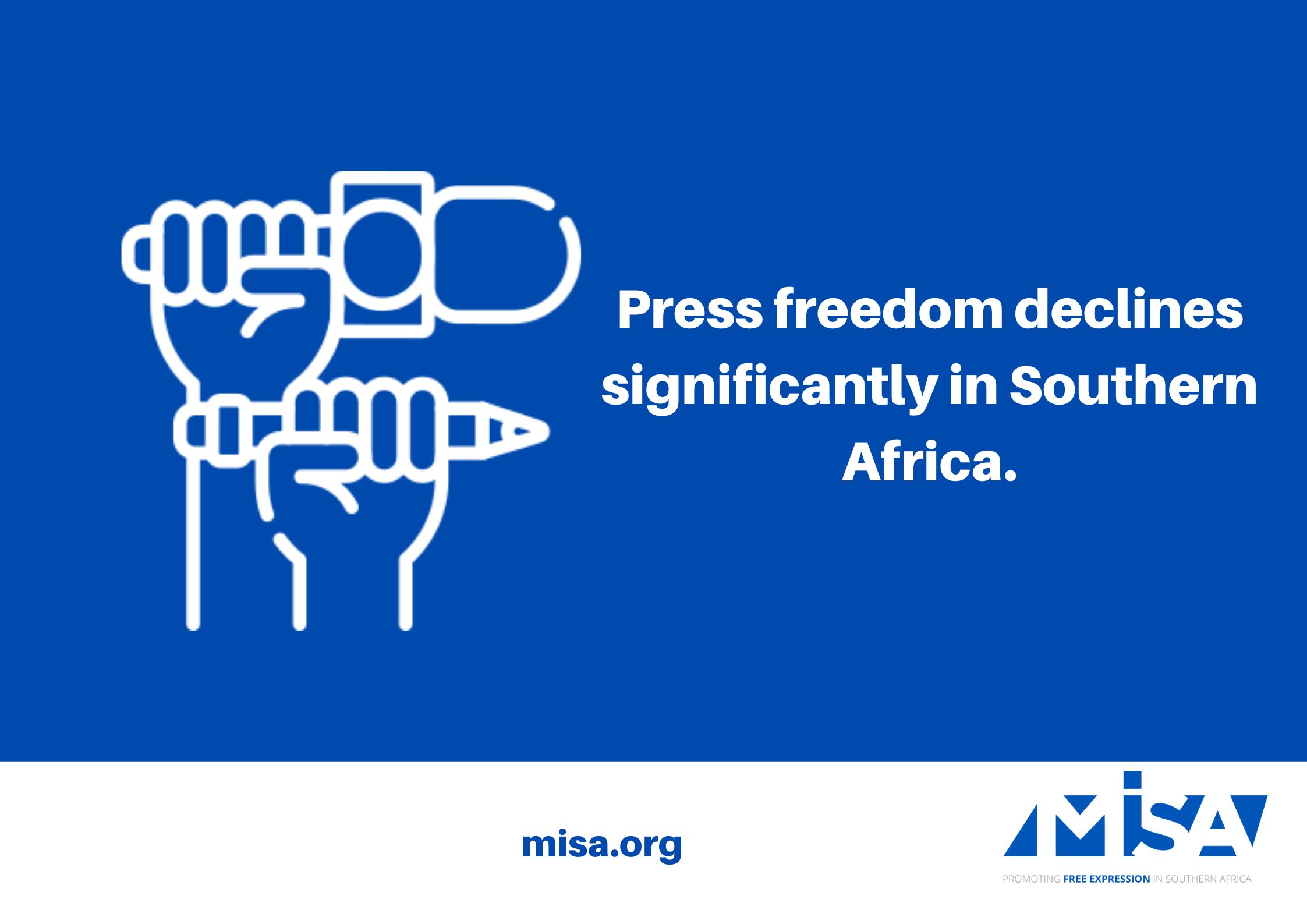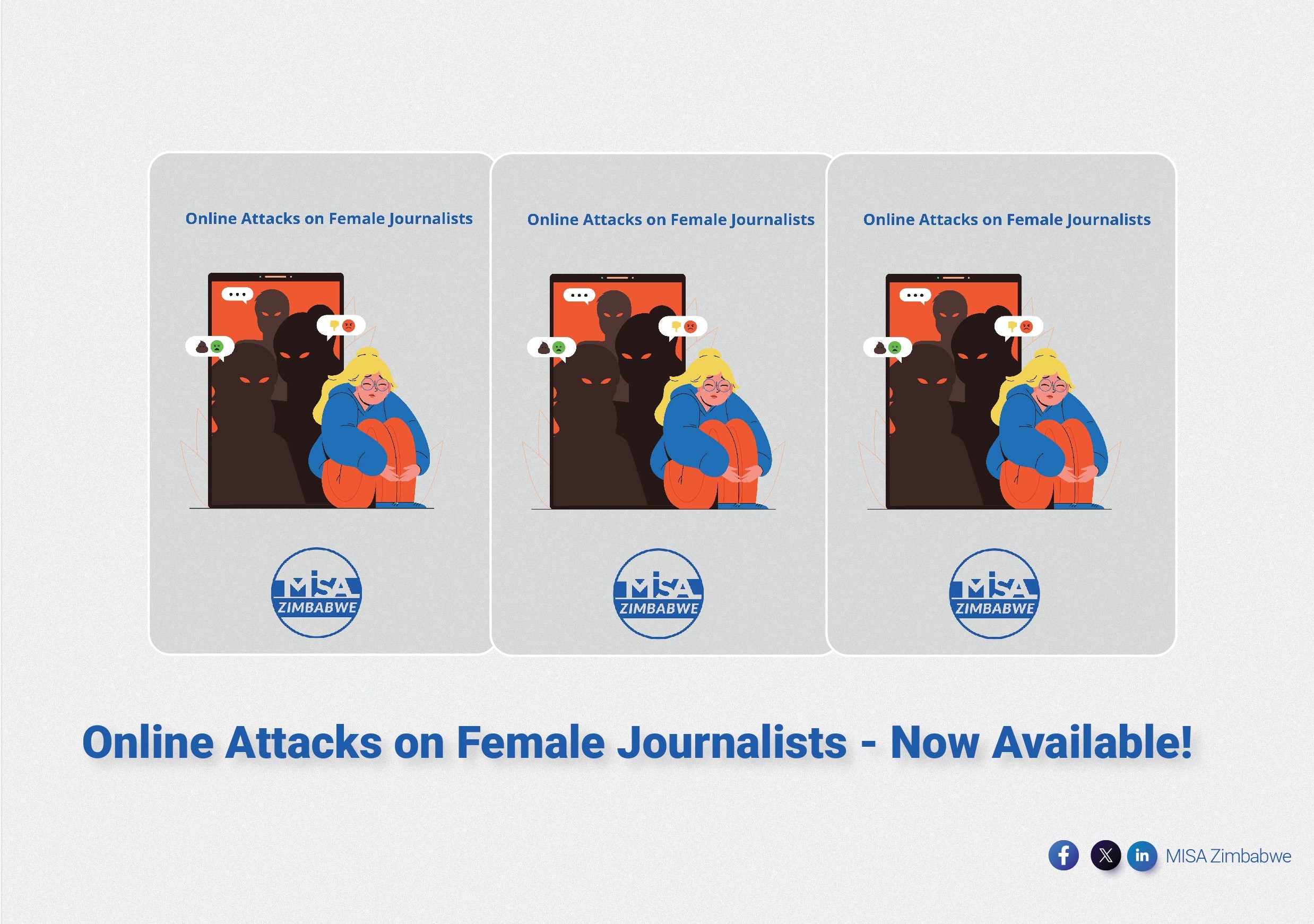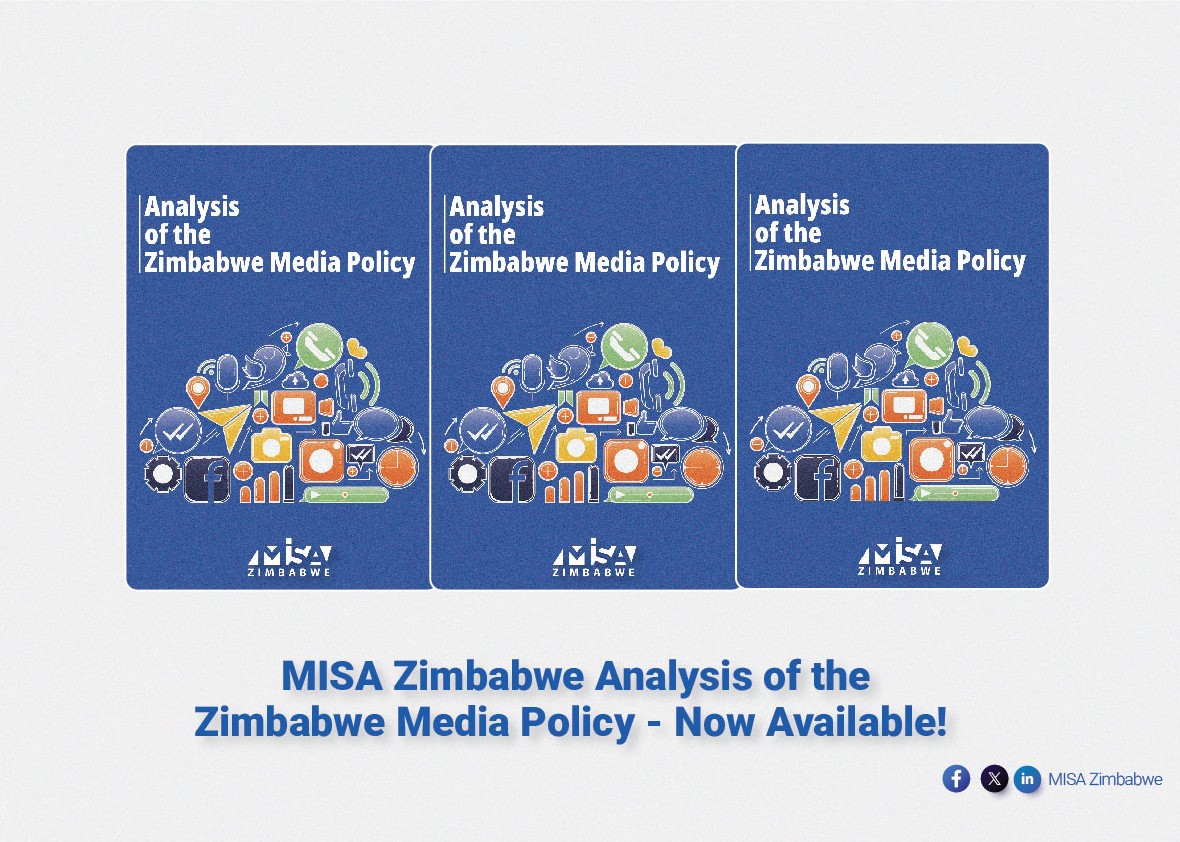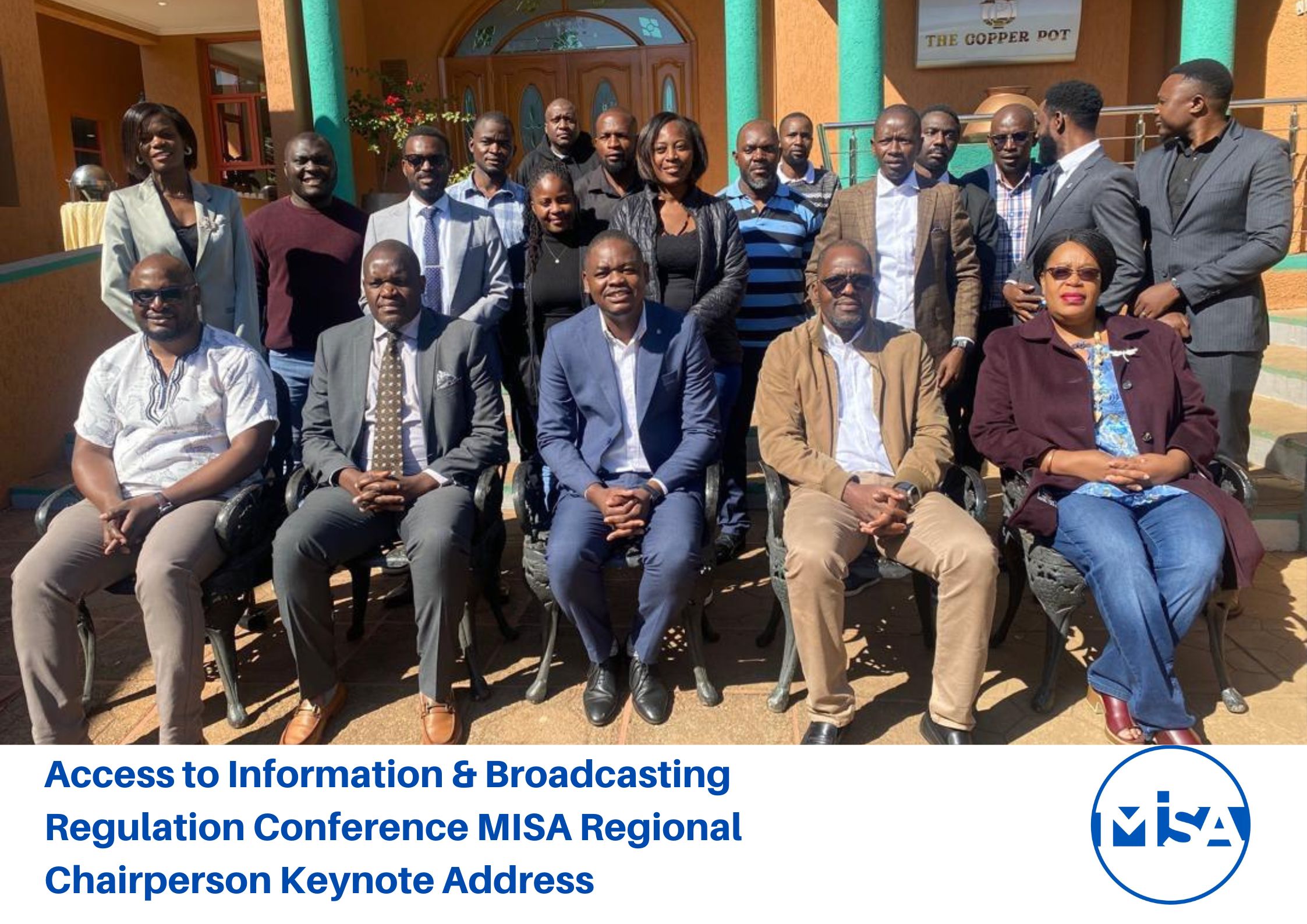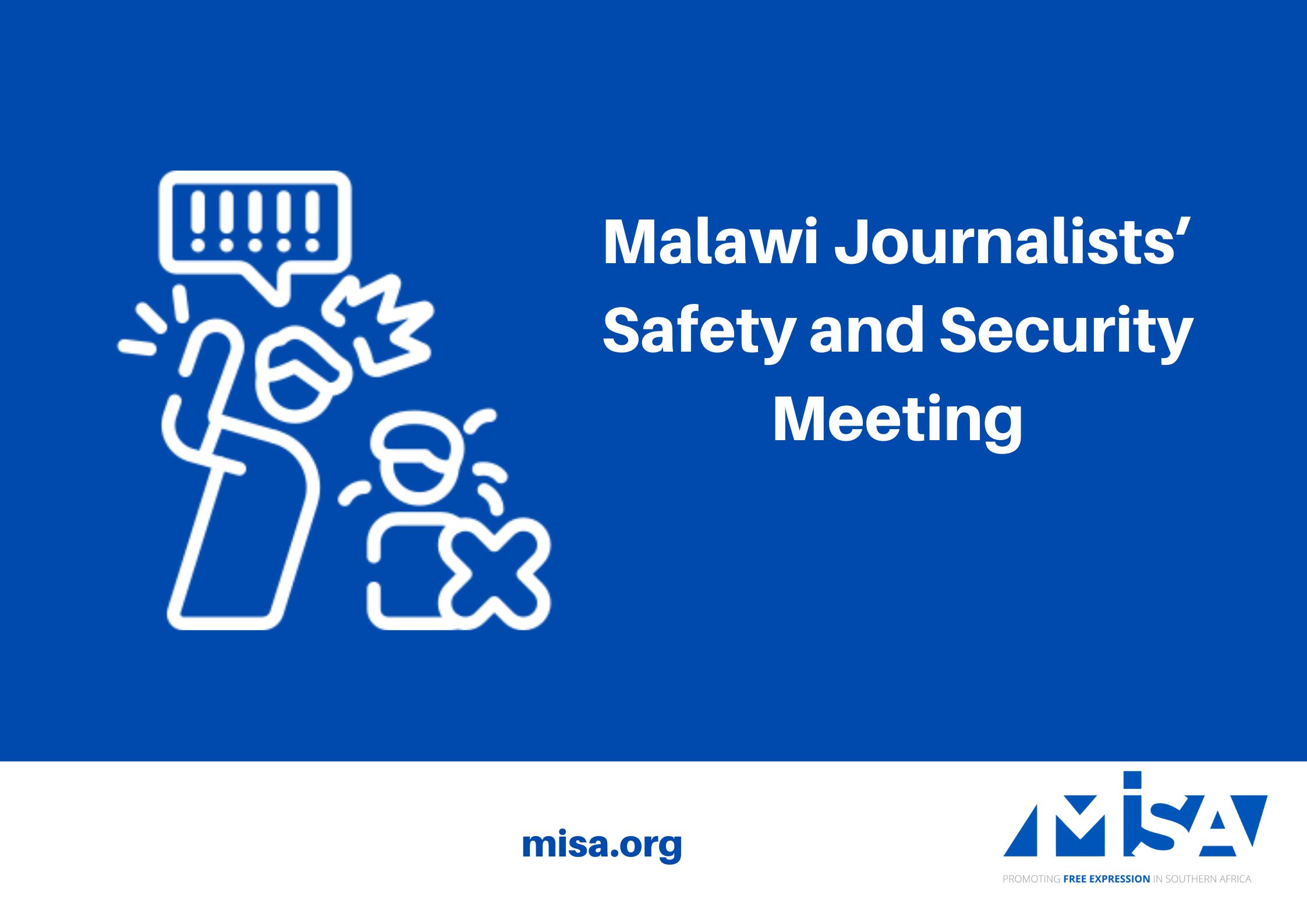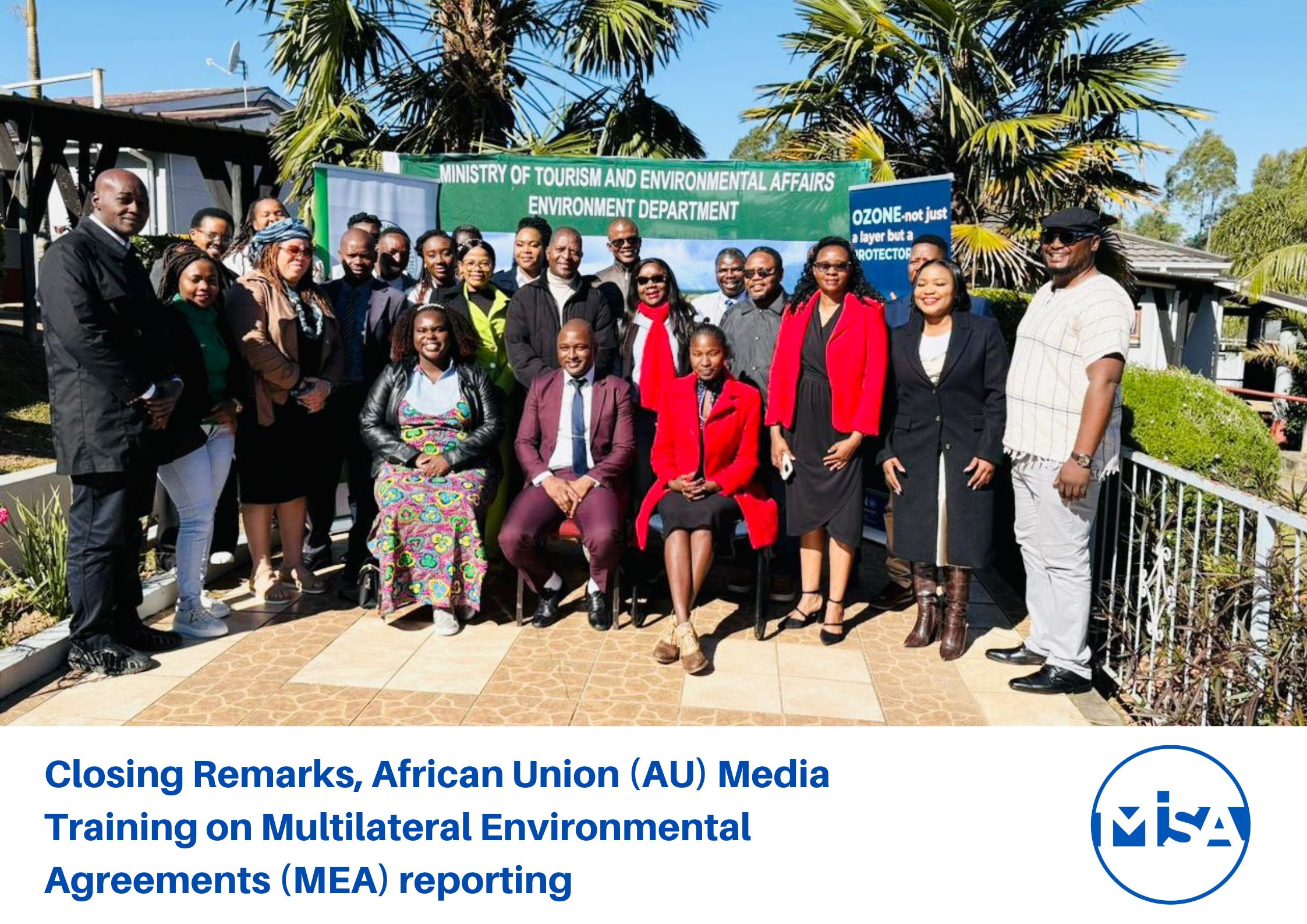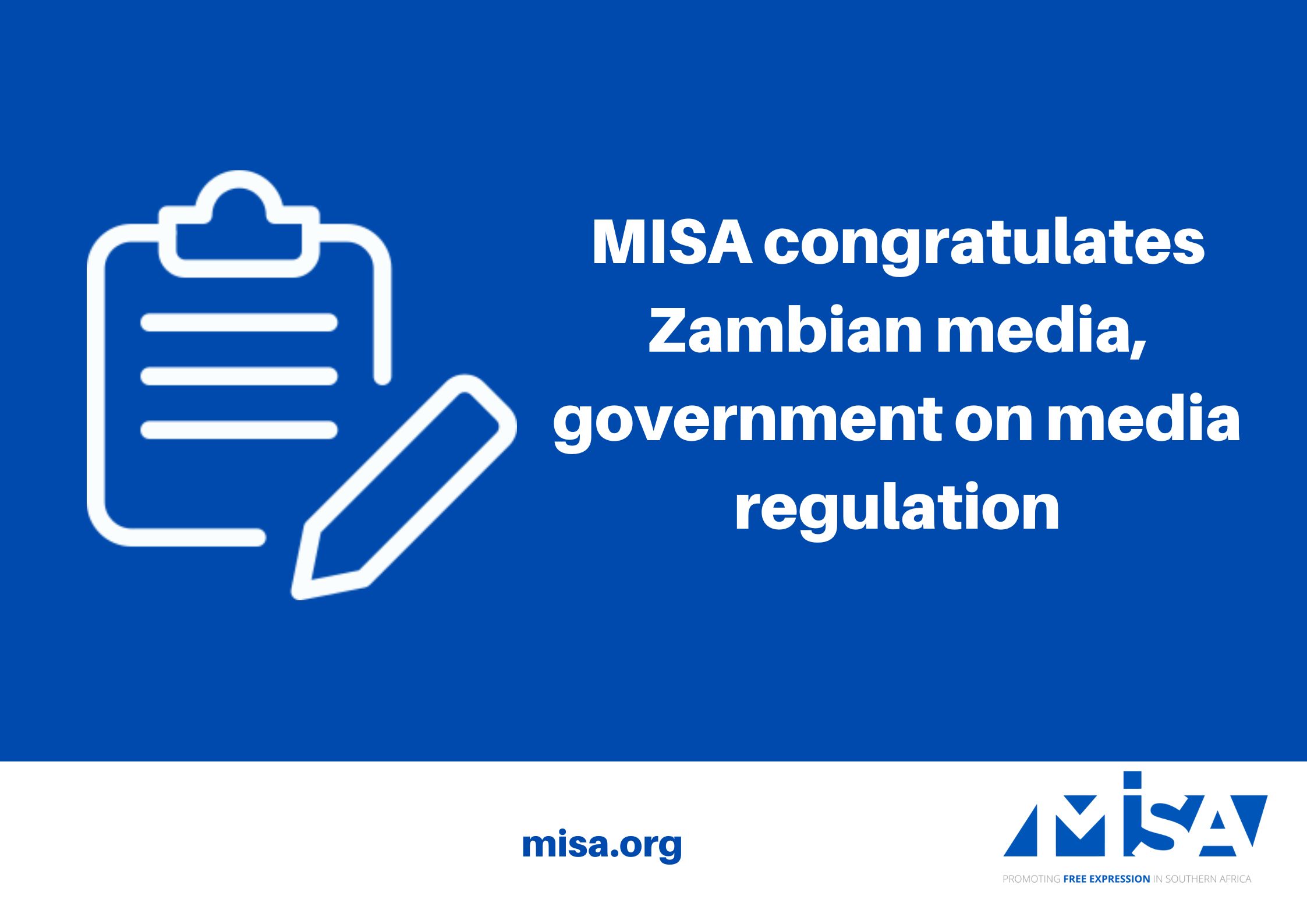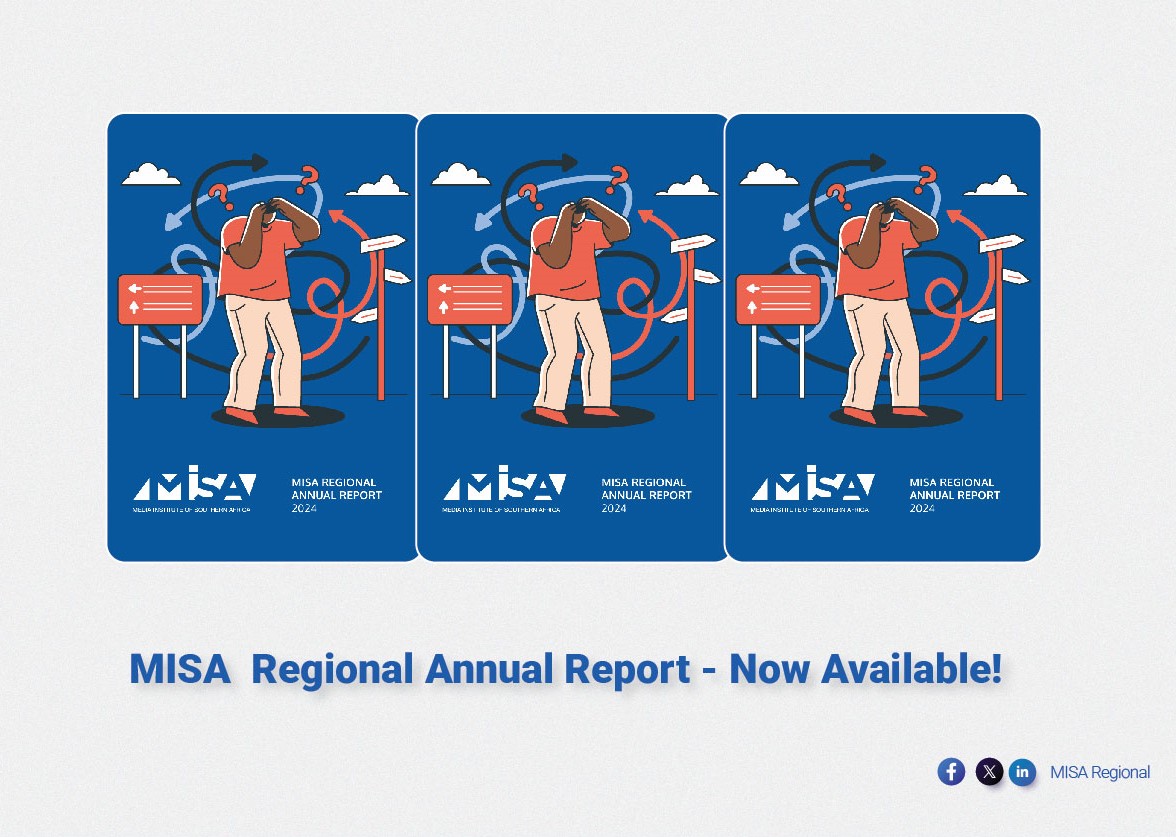Press freedom in Southern Africa has significantly declined in the past year, with several countries declining in the annual Reporters Without Borders’ World Press Freedom Index.
However, improvements were recorded in Tanzania, Malawi, Eswatini, Zimbabwe, and Angola. Declines were recorded in Namibia, South Africa, and Zambia.
Lesotho recorded the worst decline, falling from 67 in 2023 to 122 this year.
In 2023, broadcaster Ralikonelelo Joki, was murdered as he left his workplace in Lesotho.
“Journalists are often the targets of intimidation campaigns, and investigative reporting on the activities of politicians is difficult.
“A state-owned newspaper was closed on a minister’s orders for daring to feature the leader of the opposition on its front page.
Self-censorship is widespread, and some journalists have chosen to go into exile, particularly to South Africa, to escape it,” the Reporters Without Borders (RSF) index noted.
Namibia, traditionally the flag bearer for freedom of the media, declined from 22 to 34 but remained Southern Africa’s best-placed nation.
South Africa declined from 25 to 38, while Zambia declined from 87 to 95.
Botswana declined from 65 to 79. Surveillance was the major issue, with RSF reporting that “intelligence services use spyware to eavesdrop on journalists, who are frequent victims of smear campaigns on social media.
Journalists’ equipment, including mobile phones, cameras and laptops, are often seized without a warrant or legal basis”.
On a positive note, Tanzania, the worst performer in the region in 2023, scored impressive gains, from 143 to 97 in 2024.
Malawi moved from 82 to 63, Eswatini also moved up the ranks from 111 to 85. Angola marked impressive gains from 125 to 104.
Zimbabwe continued its slow growth trajectory, rising ten places from 126 to 116.
However, RSF noted that although Zimbabwe rose in the Index, the political authorities in both countries tightened their grip on news and information in the run-up to elections, arbitrarily disconnecting the Internet, expelling foreign journalists, or interrupting foreign media coverage.
In 2023, MISA and other media support partners in Zimbabwe proactively engaged the police to end attacks against journalists, which saw a massive decline in the number of attacks.
A similar initiative is planned for Malawi, which will hold elections in 2025.
The past few years have seen some countries, such as Namibia and Zambia, enact access to information legislation, while Botswana and Eswatini are mulling similar legislation. However, there is a need for clarity on why countries like Zambia and Namibia, which took bold decisions and enacted access to information laws, are on the decline and how Mauritania eclipses Namibia.
This could help improve media freedom in the region.
However, cybersecurity laws, that are big on surveillance, continue to claw back on gains the region has scored in recent years.
MISA Regional Communique




